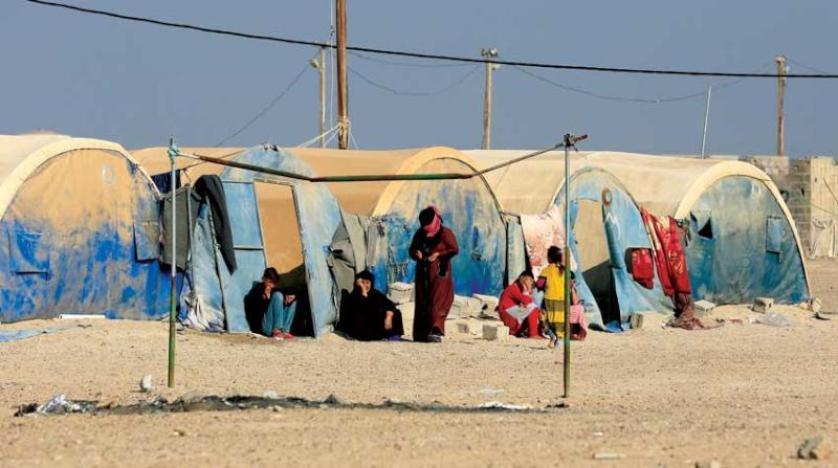Economists and finance experts believed Iraq's problem was not related to its wealth but to lousy management and unfair distribution.
Last week, the Central Bank announced that its foreign cash reserves exceeded $99 billion, an unparalleled record since 1960.
According to the predictions of the Ministry of Planning, the poverty rate in the country has risen to 25 percent, an increase of about three percent from 2019.
The Ministry's spokesman Abdul-Zahra al-Hindawi said the last data of poverty rates stood approximately 22.5 percent in 2019, before the pandemic.
Hindawi added that the high poverty rate is due to several reasons, including the repercussions of the coronavirus pandemic in 2020 and 2021 and the economic crisis that resulted from the drop in oil prices.
Considering the numbers of the Ministry, there are more than ten million poor people in the country, with a total population of 42 million people in 2022.
Early in 2022, the former Minister of Planning, Khaled Battal al-Najm, said the repercussions of the pandemic increased the number of the poor in Iraq, reaching 11.4 million individuals, and the poverty rate rose to 31.7 percent from 20 percent in 2018.
The new predictions did not refer to the regions and governorates with the highest poverty rates.
Previous data showed that half of the population in the southern governorates of Muthanna, Diwaniyah, Dhi Qar, and Maysan were at poverty levels. The ratio was about ten percent in the northern and western governorates.
Financial experts predicted that the ongoing fluctuation in the exchange rate would increase the suffering of low-income families, given the rise in the prices of goods.
The exchange rate went as far as 1,600 dinars per dollar during the week in the local markets, while the official exchange rate stands at 1,446 dinars.
The high poverty rate was often linked to the lack of job opportunities, the high cost of living, and the rise in the price of properties, prompting many low-income families to live in agricultural and state-owned lands, known as "slums."
Experts estimate that the country needs at least two million new housing units to overcome the housing crisis that burdens citizens.
The parliamentary investment committee says the solution lies in building large housing complexes to absorb overpopulation in areas that lack housing units.
The committee said the housing crisis and projects extend to all governorates.
However, experts believe the crisis is solely linked to bad management.
The northern Kurdistan governorates do not suffer from a housing crisis like the central and southern areas.


 RSS Feed
RSS Feed